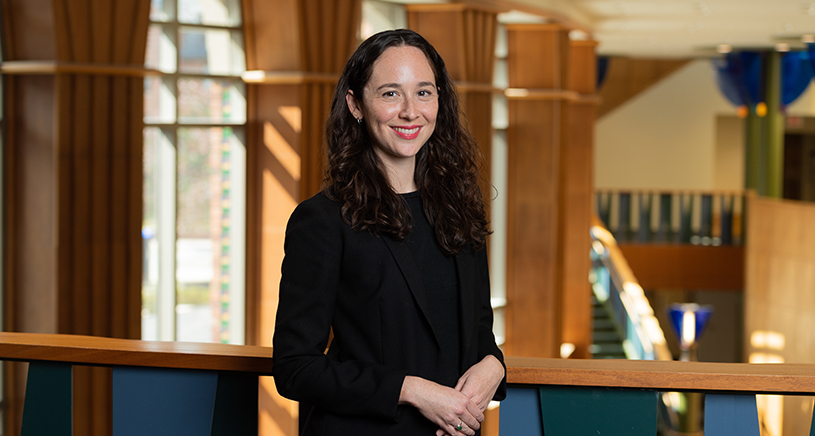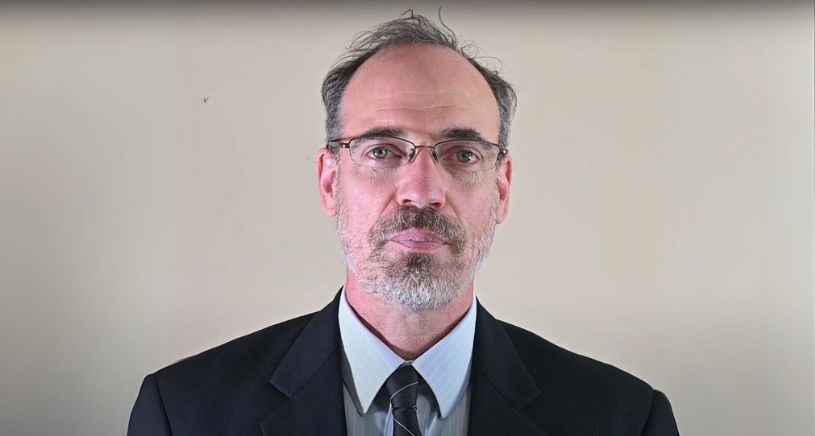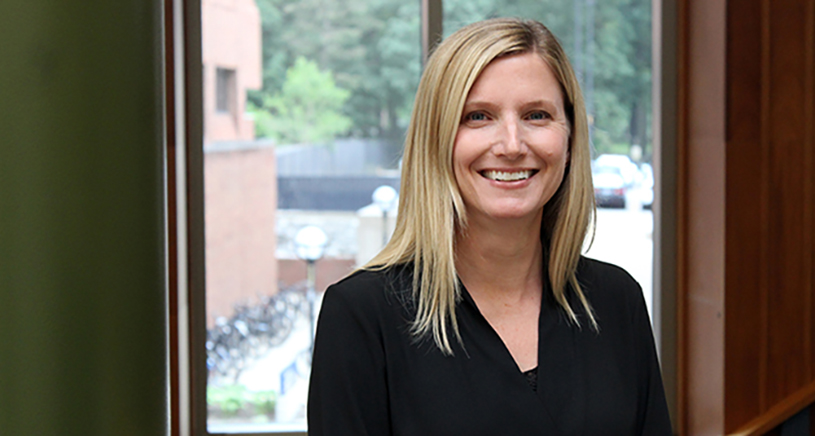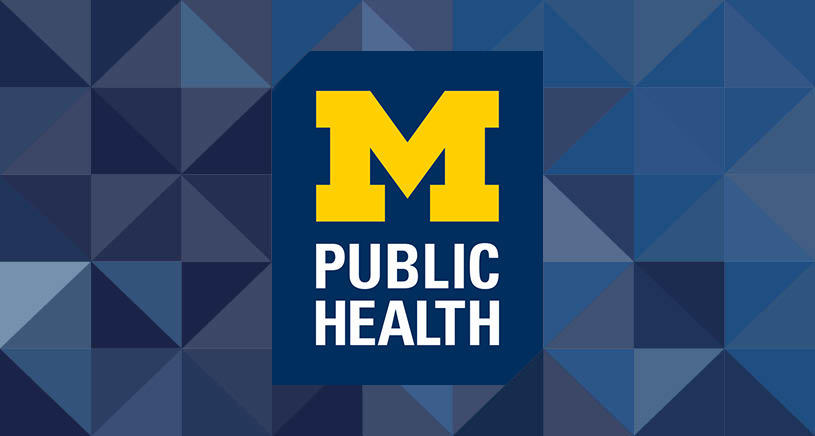Courses Taught by Laura Power
EPID604: Applications Of Epidemiology
- Graduate level
- Residential
- Fall, Winter, Spring, Spring-Summer, Summer term(s) for residential students;
- 1-6 credit hour(s) for residential students;
- Instructor(s): Ella August, James Buskiewicz, Sara Adar, Matthew Boulton, Andrew Brouwer, Melissa Beck, Kelly Bakulski, Miatta Buxton, Joseph Eisenberg, Marisa Eisenberg, Nancy Fleischer, Betsy Foxman, Aubree Gordon, Alexis Handal, Jennifer Head, Jihyoun Jeon, Spruha Joshi, Sharon Kardia, Carrie Karvonen-Gutierrez, Lindsay Kobayashi, Peter Larson, Aleda Leis, Elizabeth Levin-Sparenberg, Lynda Lisabeth, Juan Marquez, Emily Martin, Briana Mezuk, Alison Mondul, Lewis Morgenstern, Belinda Needham, Marie O'Neill, Sung Kyun Park, C. Leigh Pearce, Laura Power, Alex Rickard, Jennifer Smith, Eduardo Villamor, Abram Wagner, Xin Wang, Douglas Wiebe, Zhenhua Yang, Jonathan Zelner, (Residential);
- Prerequisites: Instructor Permission
- Description: Application of epidemiological methods and concepts to analysis of data from epidemiological, clinical or laboratory studies. Introduction to independent research and scientific writing under faculty guidance.
- This course is cross-listed with .
- Syllabus for EPID604








































EPID724: Leadership and Strategic Planning for Public Health
- Graduate level
- Residential
- Summer term(s) for residential students;
- 1 credit hour(s) for residential students;
- Instructor(s): Laura Power (Residential);
- Prerequisites: none
- Advisory Prerequisites: none
- Description: This course focuses on leadership skills and strategic planning for public health and healthcare professionals with the ultimate goal of readying students for public health 3.0. Students will learn approaches to empower teams and to collaborate across sectors and will practice using systems thinking and policy evaluation as tools for promoting health for individuals and populations. The course will include self-assessment of leadership skills, practice in identifying appropriate leadership and management techniques, and analysis of case studies to understand policy evaluation and systems thinking. Students will be encouraged to bring real-world experience to the class lessons and discussions.
- Learning Objectives: 1. Understand the basic structure of the public health system 2. Describe the reasons for and concepts behind Public Health 3.0 3. Discuss systems thinking mindset and utilize tools of systems thinking 4. List steps in policy analysis and evaluation and apply skills of policy analysis 5. Understand the concept of health in all policies 6. Be familiar with leadership styles in public health 7. Understand the differences in public health management and public health leadership 8. State their own leadership style 9. Apply leadership skills in a case-study 10. Be familiar with tools that are available for policy evaluation, systems thinking, and public health leadership

PUBHLTH516: Leadership Skills For Interprofessional Practice
- Graduate level
- Both Residential and Online MPH
- This is a second year course for Online students
- Winter term(s) for residential students; Winter term(s) for online MPH students;
- 1 credit hour(s) for residential students; 1 credit hour(s) for online MPH students;
- Instructor(s): Laura Power (Residential);
- Not offered 2026-2027
- Prerequisites: None
- Undergraduates are allowed to enroll in this course.
- Description: PUBHLTH 516 is an accelerated 7-week course that highlights foundational leadership skills needed by public health professionals to effectively work in interprofessional teams. Course themes include self-reflection on leadership style, growth mindset, fostering collaboration, motivating teams to accomplish goals, leading change, and guiding decision making.
- Learning Objectives: Students should be able to: 1. Identify their leadership style. 2. Explain the importance of active learning and resilience in strengthening leadership skills. 3. Understand leadership structures across health sectors and the roles of public health professionals in leading change. 4. Describe the key domains of interprofessional practice. 5. Develop a mission, vision, and values to guide the work of teams. 6. Describe strategies to foster collaboration among interprofessional groups. 7. Compare strategies for motivating and influencing teams to accomplish goals. 8. Explain the relationship between leadership and learning through growth mindset principles. 9. Describe how interpersonal agility inspires risk-taking and collaboration.
- Syllabus for PUBHLTH516

